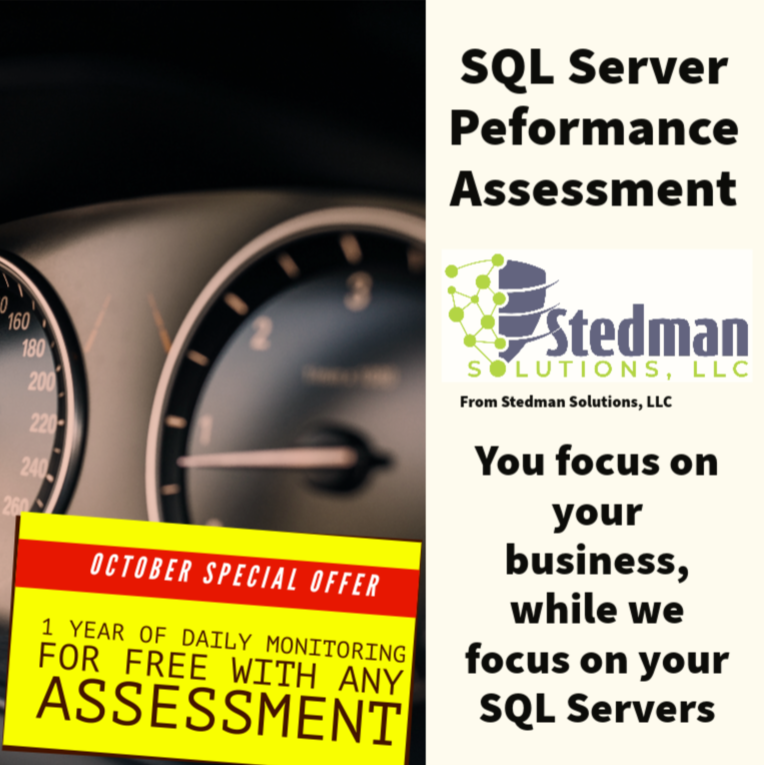The Crucial Role of SQL Server Assessments in Preventing Catastrophic Failures

In today’s data-driven world, the health and efficiency of your SQL Server can be the backbone of your business operations. Regular SQL Server assessments are not just a good practice; they are a necessity for maintaining optimal performance and avoiding catastrophic failures. This blog post will explore the importance of SQL Server assessments and how they keep your server in top shape.
Understanding SQL Server Assessments
A SQL Server assessment is a comprehensive evaluation of your server environment. It involves analyzing various aspects such as performance metrics, security settings, system configurations, and more. The goal is to identify potential issues before they become significant problems, ensuring your server operates efficiently and reliably.
Key Benefits of Regular Assessments
- Proactive Problem Identification: Regular assessments help in identifying and resolving issues before they escalate, reducing the risk of unexpected downtime and data loss.
- Performance Optimization: By analyzing server performance and workload patterns, assessments can pinpoint areas for optimization, leading to improved response times and user satisfaction.
- Security Enhancements: Assessments often reveal vulnerabilities and security gaps, allowing you to fortify your server against potential attacks and data breaches.
- Cost Savings: By preventing major failures, you save on the substantial costs associated with emergency repairs, data recovery, and potential revenue loss due to downtime.
- Compliance Assurance: Regular assessments ensure your SQL Server complies with industry standards and regulations, avoiding legal and financial repercussions.
Components of a Comprehensive Assessment
- Performance Analysis: Evaluating the server’s performance under various workloads to identify bottlenecks and inefficiencies.
- Security Audit: Checking for vulnerabilities, outdated software, and ensuring proper security protocols are in place.
- Configuration Review: Ensuring that server configurations align with best practices for optimal performance and security.
- Backup and Recovery Strategy Evaluation: Assessing the effectiveness of current backup and disaster recovery plans.
- Hardware and Software Inventory: Keeping track of the server’s hardware and software components for upgrade and maintenance planning.
Implementing Assessment Findings
After an assessment, it’s crucial to implement the recommended changes. This might include hardware upgrades, software updates, changes in configuration, or revising security policies. Timely implementation of these recommendations is key to maintaining the health of your SQL Server. With an assessment from Stedman Solutions, LLC we can help make many of those recommended changes are part of our process.
Regular SQL Server assessments are an essential part of maintaining the health and efficiency of your database environment. They not only help in preventing catastrophic failures but also ensure that your server is secure, compliant, and running at peak performance. Investing in regular assessments is investing in the reliability and success of your business operations.
Use this link for more details on how our assessment process works along with a short video describing the process. https://stedman.us/assessment
Call to Action
Ready to optimize your SQL Server’s performance? Contact Stedman Solutions, LLC today for a comprehensive health assessment. Let us help you turn your data into your most powerful business asset.
We start with a free 30 minute consultation to determine how to best help with your SQL Server needs.
More from Stedman Solutions:

Steve and the team at Stedman Solutions are here for all your SQL Server needs.
Contact us today for your free 30 minute consultation..
We are ready to help!

Leave a Reply